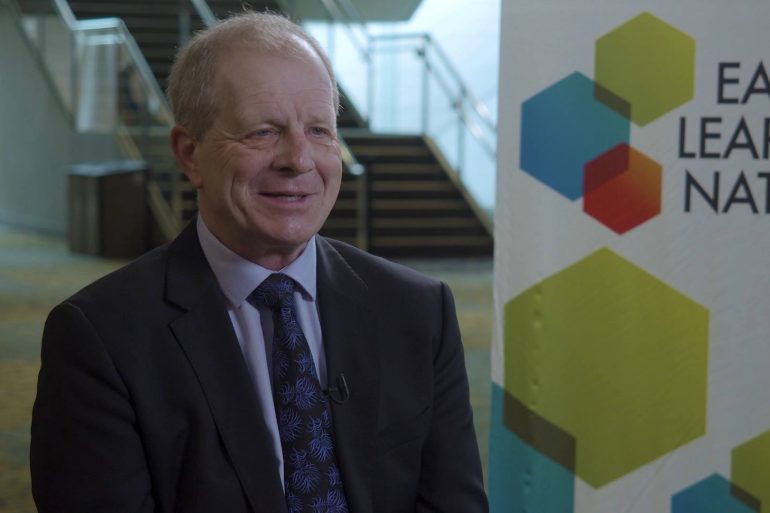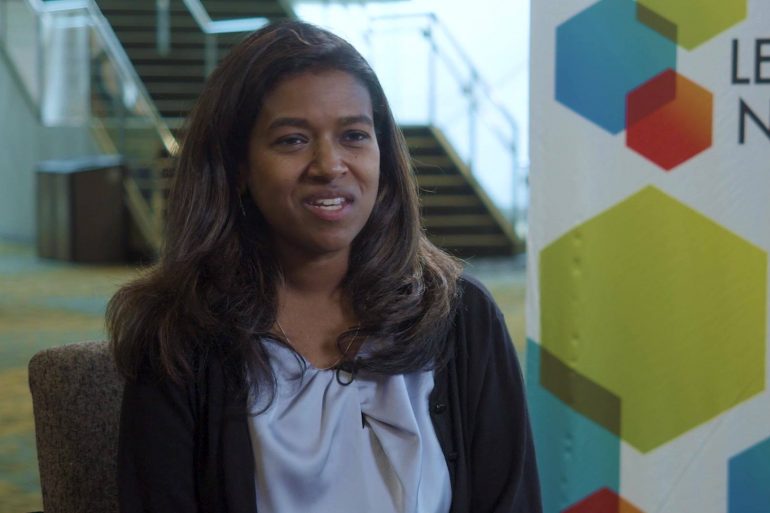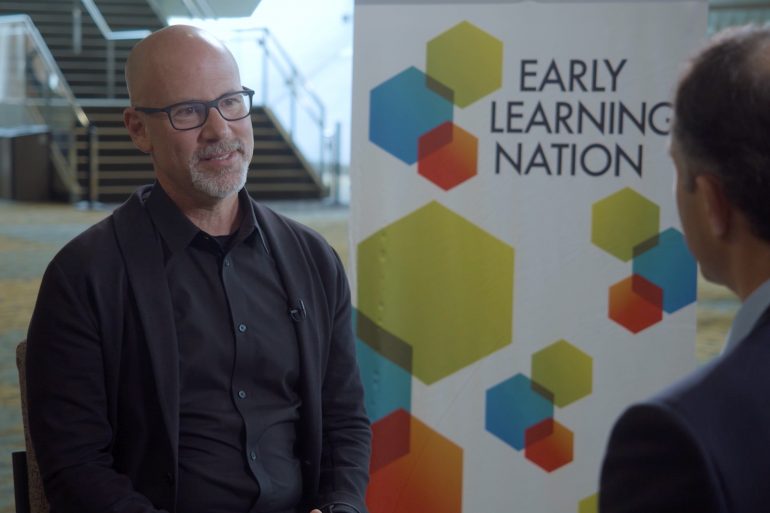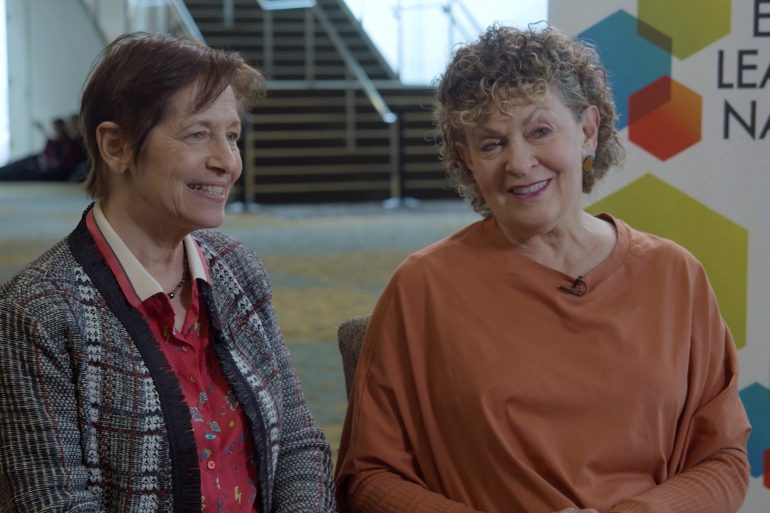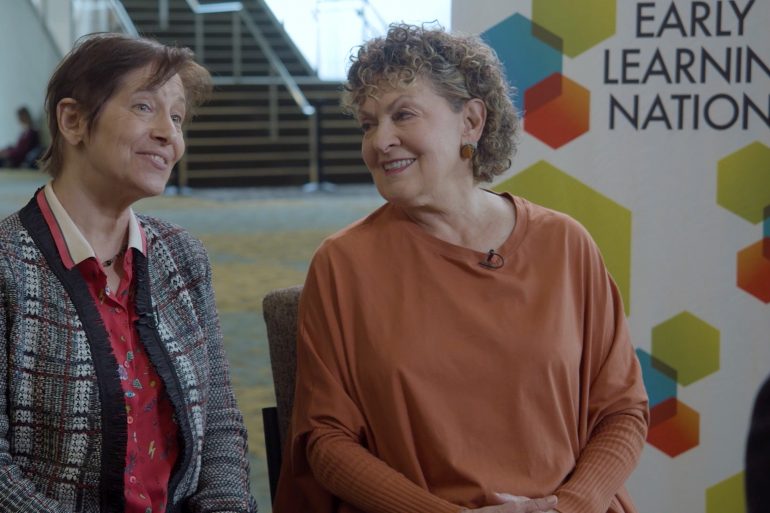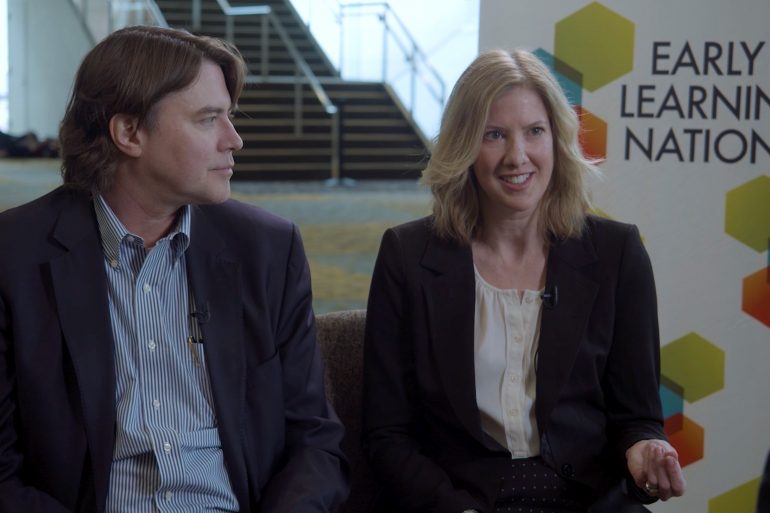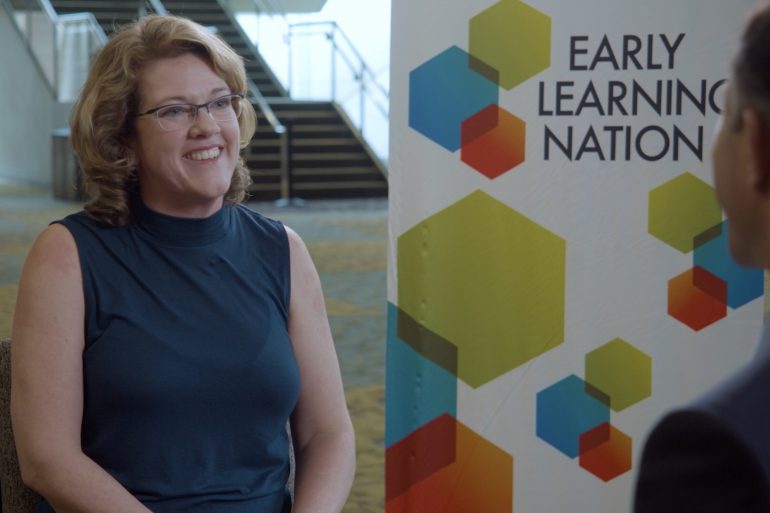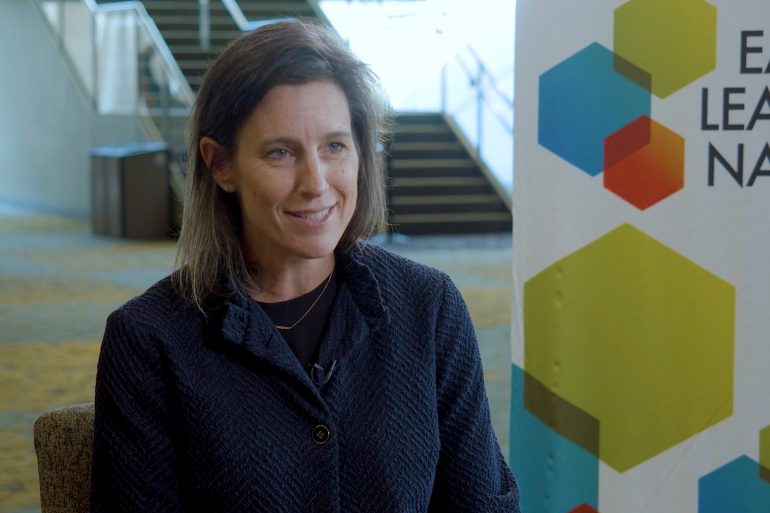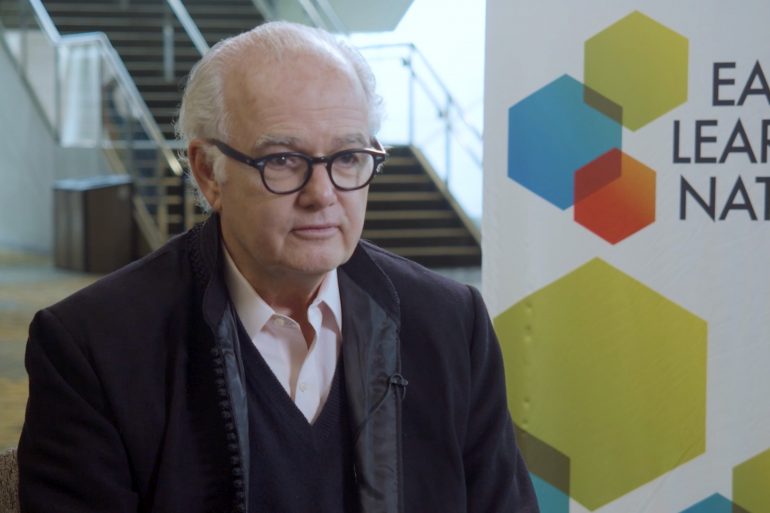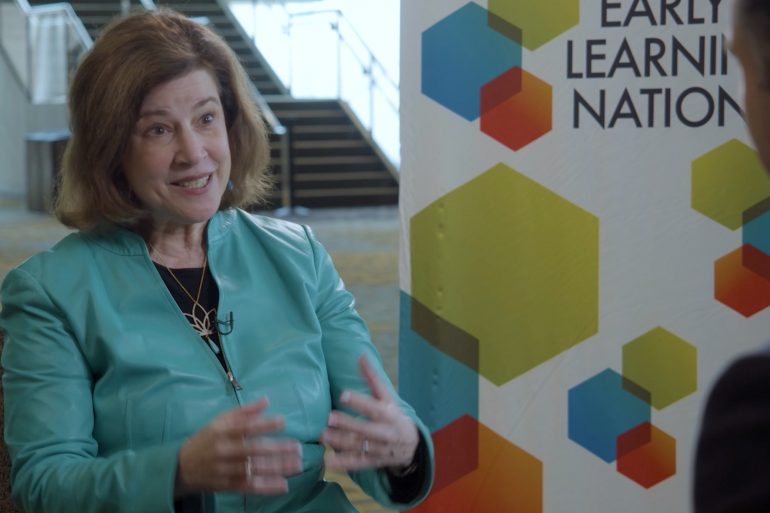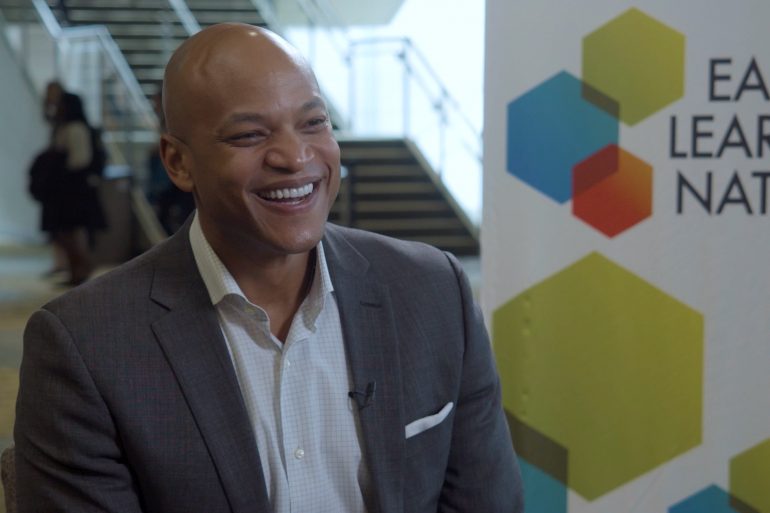How and why do children become aggressive – or even violent? How can we understand the true causes – and recognize the signs – before they take hold? Kenneth A. Dodge, Pritzker Professor of Public Policy at Duke University explains the important research that can help children and families. Filmed for Early Learning Nation’s Mobile Studio at the Society for Research in Child Development’s biennial meeting in Baltimore, MD, on March 22, 2019. #SRCD19
ELN Mobile Studio: Society for Research in Child Development 2019 Biennial Meeting
The SRCD Biennial in Baltimore combined research by developmental scholars working in diverse disciplines from anthropology to economics to sociology, ways developmental science is being applied to transform the lives of children around the world, TED-type talks, networking gatherings and awards. The Biennial was international, interdisciplinary and invigorating, all designed to advance the science of child development. Our Mobile Studio sat down with several of the leaders from these fields to discuss their work.
When University of Maryland Associate Professor Geetha Ramani and her colleagues visit early learning classrooms, they’re known as the “game people.” Ramani’s research shows not only the importance of teaching math skills, but also the effectiveness of what might seem like an obvious tactic: Make it fun.
When University of Maryland Associate Professor Geetha Ramani and her colleagues visit early learning classrooms, they’re known as the “game people.” Ramani’s research shows not only the importance of teaching math skills, but also the effectiveness of what might seem like an obvious tactic: Make it fun.
The pressure to over-program kids often seems endless – so much so that a simple, old-fashioned idea has fallen to the side: Children should play. Roberta Michnick Golinkoff & Kathy Hirsh-Pasek – researchers and co-authors of “Becoming Brilliant, What Science Tells Us About Raising Successful Children” – explain their “Learning Landscapes” program, where they help local municipalities turn public spaces like bus stops into child-friendly play zones.
According to Roberta Michnick Golinkoff & Kathy Hirsh-Pasek – researchers and co-authors of “Becoming Brilliant, What Science Tells Us About Raising Successful Children” – language is the single best predictor of how young children will do in school. That’s why they’ve created an innovative, easy way for practitioners to measure students’ verbal progress. Filmed for Early Learning Nation’s Mobile Studio at the Society for Research in Child Development’s biennial meeting in Baltimore, MD, on March 22, 2019. #SRCD19
Executive function – the skills to focus and manage tasks – is, of course, central to childhood development. Given that, measuring executive function becomes imperative. How does that work? University of Minnesota professors Stephanie M. Carlson & Philip David Zelazo explain their research and the powerful tool they’ve created. Filmed for Early Learning Nation’s Mobile Studio at the Society for Research in Child Development’s biennial meeting in Baltimore, MD, on March 22, 2019. #SRCD19
Self control. Attention. Focus. These foundational skills make up a key area of early childhood development: Self-regulation. So what can teachers, parents, caregivers –even children themselves – do to help those skills grow? Oregon State University Professor Megan McClelland explains the science and the practical things we all can do. Filmed for Early Learning Nation’s Mobile Studio at the Society for Research in Child Development’s biennial meeting in Baltimore, MD, on March 22, 2019. #SRCD19
It’s an ongoing global crisis: More than half of all refugee children – some 62 million – have no access to any form of education. From establishing schools in refugee camps to bringing Sesame Street to the Middle East, Sarah Smith, Sr. Director of Education at the International Rescue Committee, explains how the IRC addresses this humanitarian emergency every day. Filmed for Early Learning Nation’s Mobile Studio at the Society for Research in Child Development’s biennial meeting in Baltimore, MD, on March 22, 2019. #SRCD19
According to NYU University Professor Lawrence Aber, poverty and violence are the two most toxic challenges for child development – areas he has researched from the U.S. to Africa and the Middle East. Regardless of location, children can experience poverty and violence in difference ways and levels. Aber explains the research, tools and tactics required to give children the best opportunities for successful development. Filmed for Early Learning Nation’s Mobile Studio at the Society for Research in Child Development’s biennial meeting in Baltimore, MD, on March 22, 2019. #SRCD19
From “helicoptering” to “snowplowing,” parents are often tempted to simply remove obstacles from children’s way, preventing them from learning how to deal with challenges themselves. Instead, as Ellen Galinsky, Bezos Family Foundation Chief Science Officer and Founder/Executive Director of Mind in the Making, explains, the better approach is to build “Autonomy Support” – helping children gain the independence skills they’ll need to become successful adults. Filmed for Early Learning Nation’s Mobile Studio at the Society for Research in Child Development’s biennial meeting in Baltimore, MD, on March 22, 2019. #SRCD19
Want to fight poverty? Robin Hood CEO Wes Moore – bestselling author, Army combat veteran, social entrepreneur – explains why improving education is an excellent place to start. Filmed for Early Learning Nation’s Mobile Studio at the Society for Research in Child Development’s biennial meeting in Baltimore, MD, on March 22, 2019. #SRCD19


